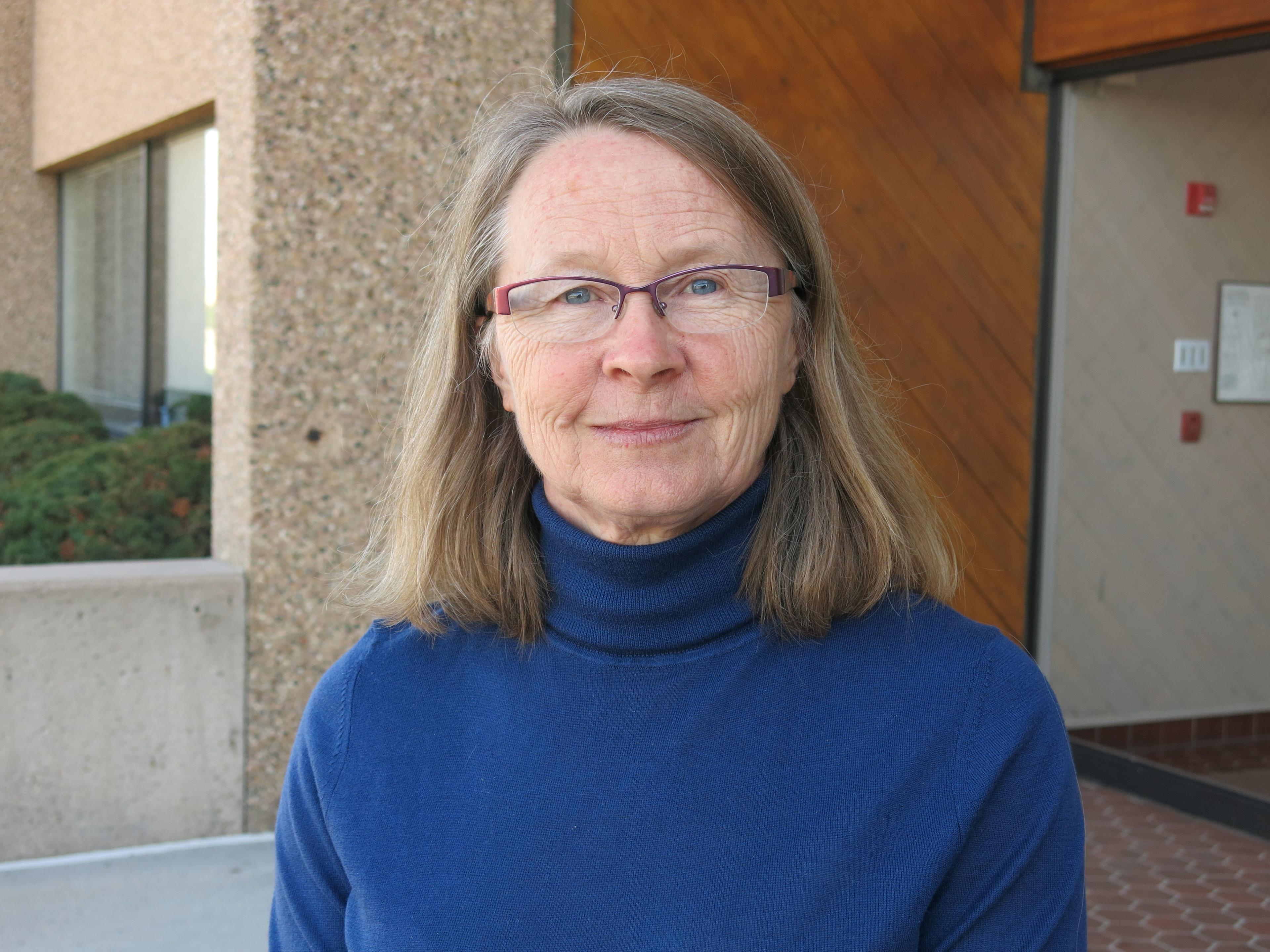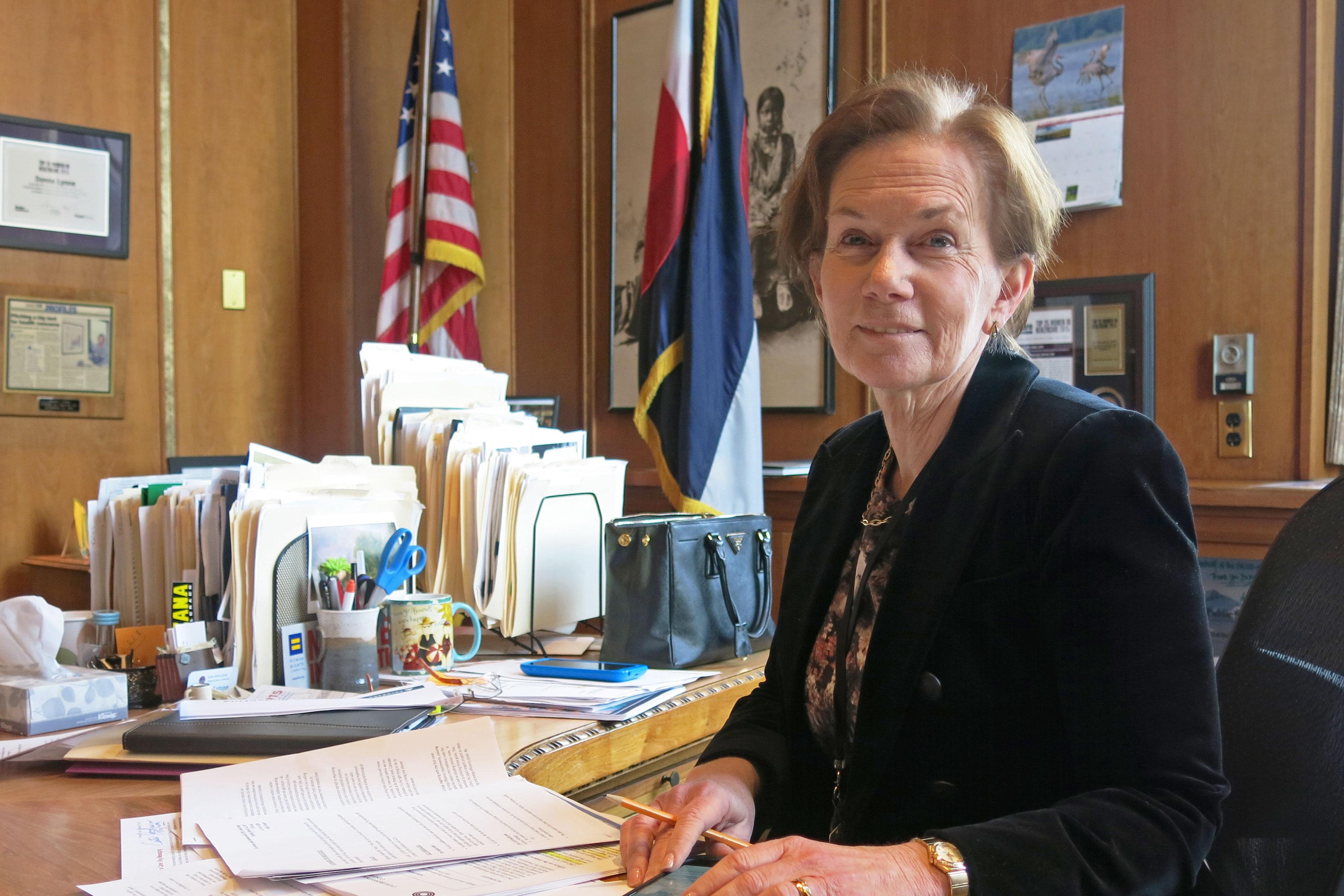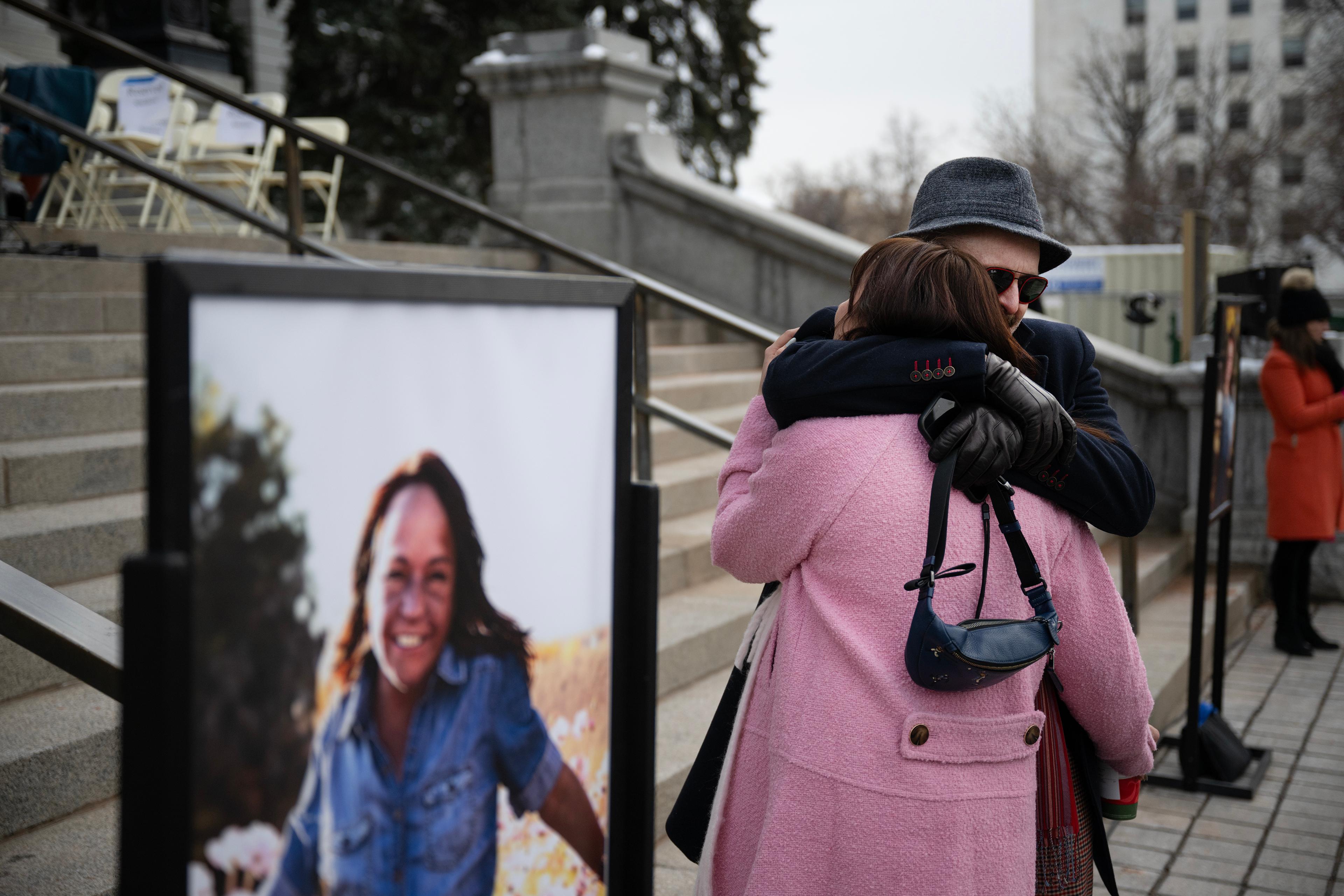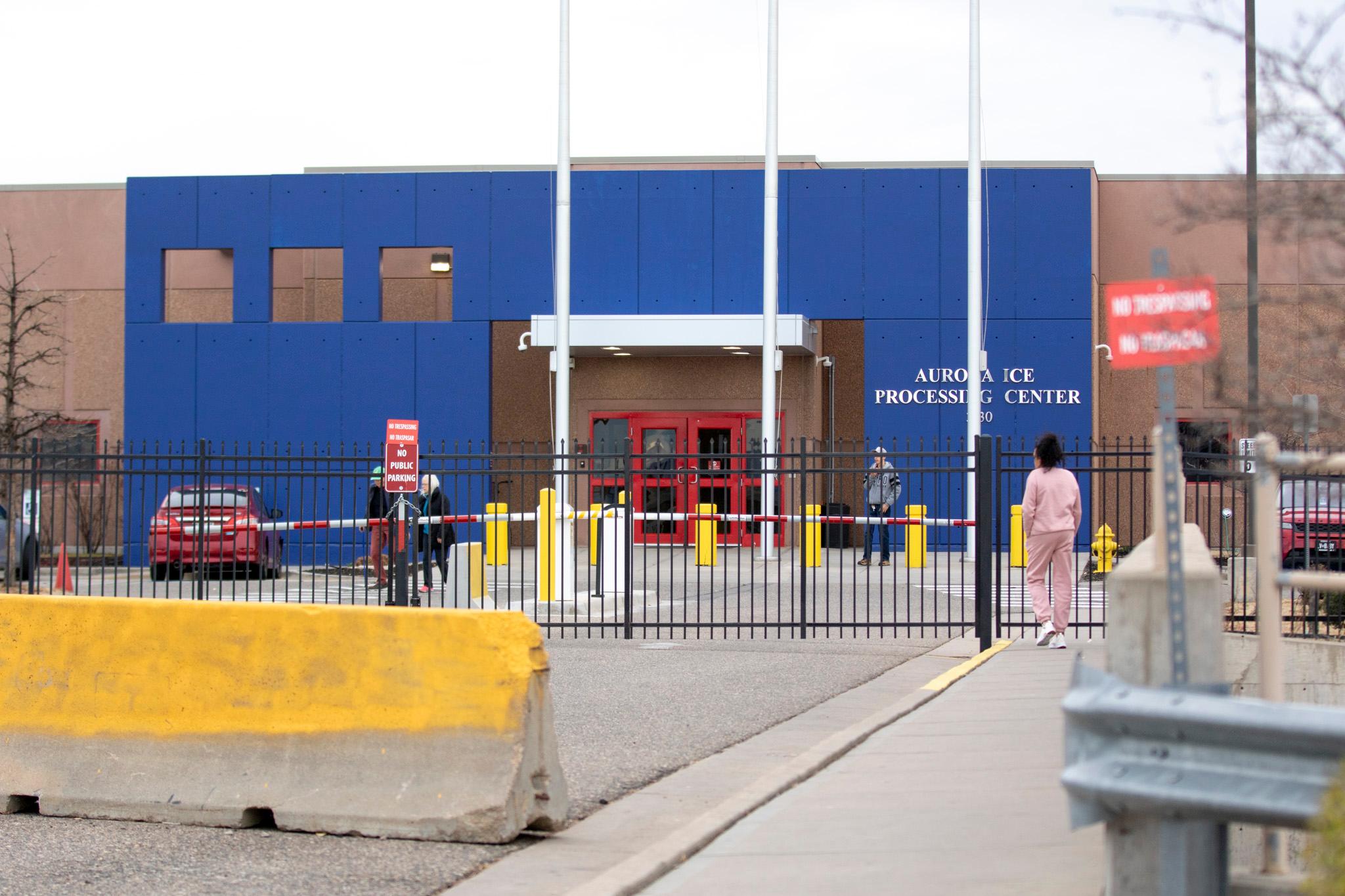
The Republican Party’s replacement for Obamacare will soon get a key test. House lawmakers could vote on the proposed American Health Care Act as soon as Thursday (Ed. Note: House leaders have delayed their vote on the health care bill. A new vote could come as soon as Friday). The GOP plan could have a dramatic impact on Medicaid, the health care program for low income Americans.
Medicaid covers more than a million low-income people in Colorado. It’s a number that’s grown significantly in the last several years. It covers children, pregnant women, people with disabilities and elderly Coloradans, like 85-year-old Jim Beard.
Following a diagnosis of a pair of malignant brain tumors, Beard recently moved into a senior living center in Littleton. The care he gets at the Cherrelyn Healthcare Center earned high marks from Beard.
“It has all of the facilities to give you help that you need, medically or physically, physical therapy. Good food,” he said.
But it’s not cheap. His son — also named Jim — explains his dad’s room costs about $300 dollars a day. That’s $9,900 a month.
“His social security check is less than $2,000, about $1,600, so that goes toward it, and then Medicaid is able to pick up and pay the rest of that,” said the younger Jim Beard.

The remainder of that tab, covered by Medicaid, is more than $8,000 a month. The elder Beard was a court clerk for many years, but since retiring has spent down his life savings. That sum included $200,000 from the sale of his home. The younger Jim calls Medicaid “a financial lifesaver,” and without it, he said, there’s no way he or his three brothers could care for their dad.
- Colorado Could See 600,000 Uninsured, Growing Medicaid Funding Gap Under GOP Health Plan
- Before Obamacare, Colorado Landed On A Health Care Solution Of Its Own
Three out of five nursing home residents in Colorado are covered by Medicaid. Older people with disabilities, in long-term care, make up nearly 10 percent of the state’s overall Medicaid population, but they account for more than 40 percent of the costs, according to the state budget office.
Matt Salo, the head of the National Association of Medicaid Directors, said they “serve the sickest, the frailest, the most medically complex and the most expensive populations in the country.” For Salo, it’s important to understand that Medicaid, not Medicare, the federal program that covers elderly Americans, picks up costs for long-term care.
“If Medicaid stops paying for as much nursing home care, you're going to see grandma not in a nursing home, you're going to see her in your living room.”
Under the proposed Republican bill, federal Medicaid funding would no longer be open ended. Instead, there would be a cap on total spending per person. That would help the federal government save $880 billion. The result is that the funding to states might not grow as fast as Medicaid costs would. And that, Salo said, would leave states to cover a greater share of the program’s costs.
“It could end up reducing coverage, it could end up reducing benefits, it could end up reducing what we pay providers,” he said. “Or it could end up kind of magically creating efficiencies in the program.”

Those “magically created” efficiencies are exactly what some conservatives argue Medicaid needs. Linda Gorman, the director of health policy at the free-market Independence Institute, is no fan of Obamacare. She sees the recent expansion of Medicaid as an indication that the program is trying to do too much for too many.
“It's killing people in the individual market, the premiums are just out of control,” Gorman said. “And the people who are forced onto Medicaid have a very difficult time getting complex care. And it's very expensive.”
She gives Republicans credit for trying to rein in rising Medicaid costs, and said the AHCA gives states more flexibility and could bring people who moved into Medicaid under the ACA expansion back onto the private market.

“What's busting the budget is then trying to provide health insurance or total coverage for people who can afford to pay for their own care,” she said.
Still, Gorman worries that a Medicaid cap could harm low-income elderly and disabled adults. That worry is shared by Democratic Lt. Gov. Donna Lynne, who said the state is bracing for cuts to Medicaid if the Republican bill passes.
“The governor's been clear though that he doesn't want to cut back on the eligibility,” Lynne said. “People, even if they don't have Medicaid, they're gonna get sick, they're gonna need health care, so somehow their care has to be paid for.”
It’s a dilemma that will bring tough choices for both providers and the state with less money to go around.
In the meantime, Cherrelyn Healthcare Center resident Jim Beard admits he doesn’t know a lot about details of the new Republican health care plan. But he’s grateful that Medicaid funding, from the government, is there for him.
“I really don't know. I'm glad that I have it,” Beard said, before turning his attention to the center. “I mean this place a godsend!”









